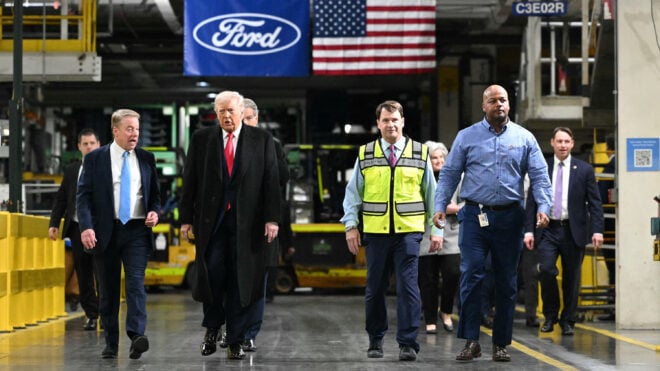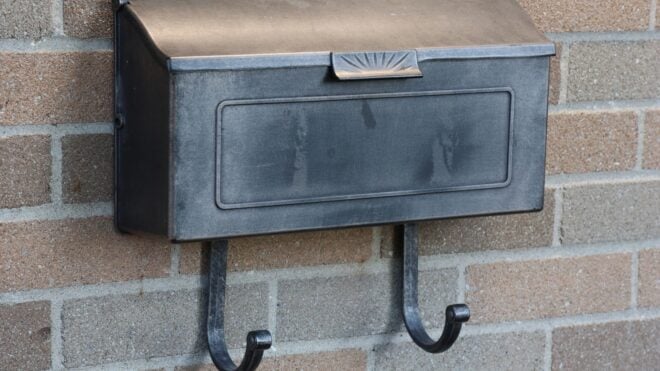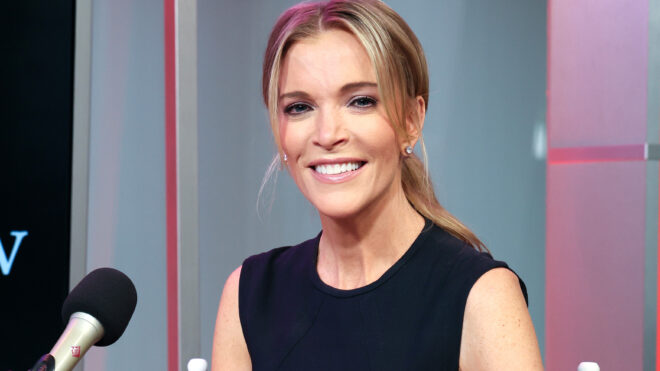If you've been at all active on social media this year, chances are that you've come across the word adulting.
The word is being tossed around quite a bit these days, and as you may have guessed by now, it's a word that totally fascinates me.
This new verb has fast become a major buzzword, especially among millennials or with anyone talking about millennials, for that matter.
Before we talk about the actual word in any detail, though, like what it really refers to or how it even came to be, I think it’s important to understand why the word refers exclusively to millennials.
So here’s a little history…
In simple terms, millennials, aka Generation Y, is the demographic born between the early 1980s and early 2000.
According to the U.S. Census Bureau, they’re actually the largest living population on the planet right now.
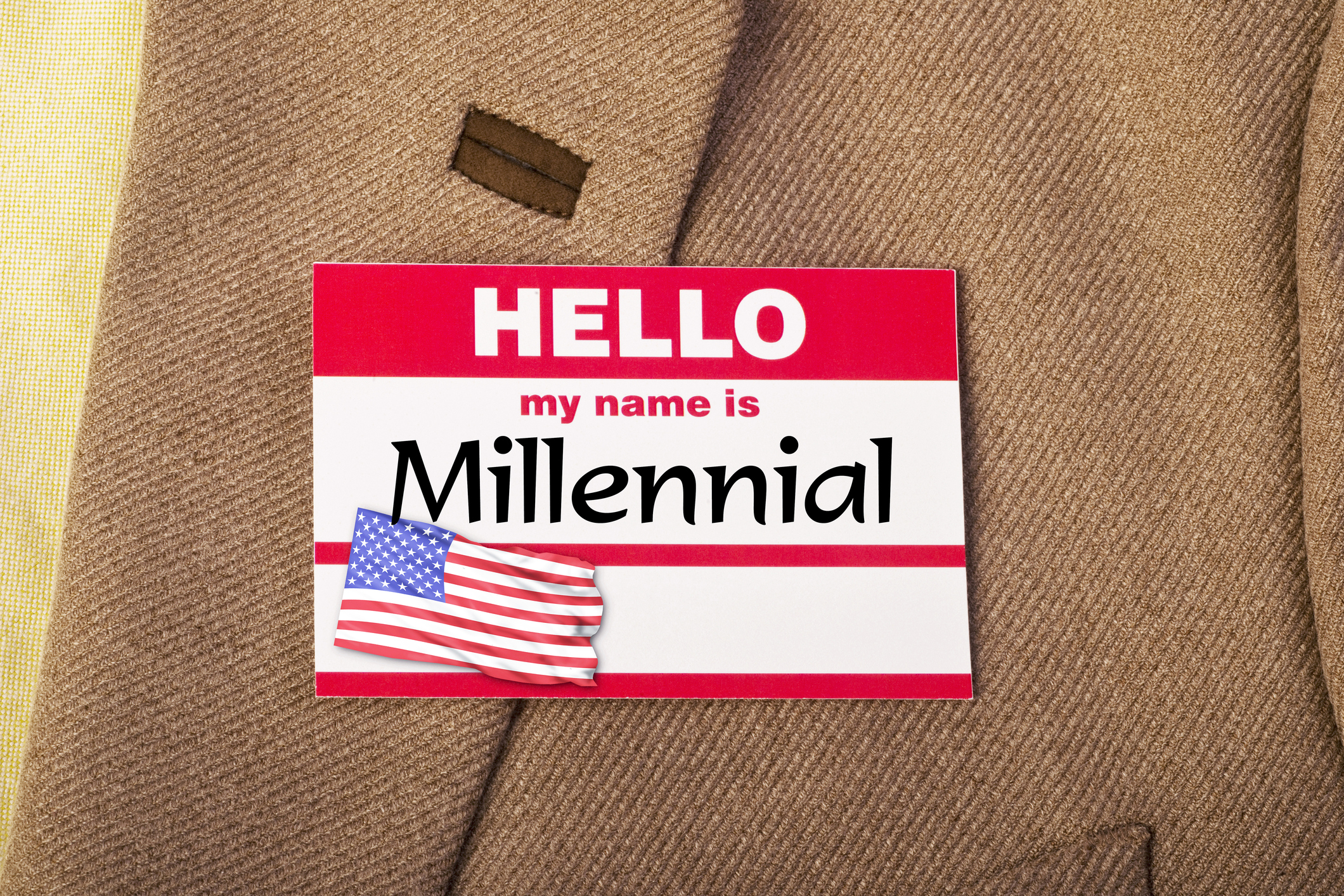
The guys at Urban Dictionary define adulting like this…
Adulting (v): to do grown up things and hold responsibilities such as, a 9-5 job, a mortgage/rent, a car payment, or anything else that makes one think of grownups. Used in a sentence: Jane is adulting quite well today as she is on time for work promptly at 8am and appears well groomed.

So to say someone is adulting has become a cheeky way of making fun of the fact that the majority of millennials are doing adult-like things much later in life than their baby boomer parents did, and their parents did before them.
In other words, millennials are getting married and having kids and buying houses and paying bills much later in life than past generations have, historically. Much, much later.

Ultimately (and unfortunately), that’s put millennials behind the eight ball when it comes to managing grown-up responsibilities. Which, in my opinion, isn’t good.
The simple reason why it’s not good is because these things that they’re putting off learning how to do are critical life skills that they can’t live without.
Perhaps they’re planning on living in Mommy and Daddy’s basement forever.

Now sure, millennials are tech-savvy and more aware of what’s going on in the world than we were back in the day, but too many of them still don’t know what it means to pay rent or work full time or shop or cook for themselves.
That’s because they haven’t been expected to do those things the way earlier generations have. So consequently, they perceive those things (when they do do them) like accomplishments.
Like they’re playing grownup.
What I find so interesting is that the very nature of the word adulting implies pretty heavily that growing up is a conscious choice rather than just a natural evolution.
I mean, it’s just so funny to me that so many millennials are tossing around adulting all over social media when they do things like cook a meal or pay bills or work an eight-hour day. Because those are normal, routine, day-to-day things that are just a part of life as an adult.

I just think the whole concept is comical (and maybe even a little disturbing) and that’s probably because one of my two kids is a millennial. As much as my husband and I have consciously and actively raised her to be independent and comfortable doing grown-up stuff, it still cracks me up when she makes a big deal about going to the bank to deposit her paycheck.
To her, doing something as simple as cashing her check feels like such an adult thing to do. She’s still inclined to ask me to do it for her, which is why she’s totally adulting on the rare occasion when she does it herself.
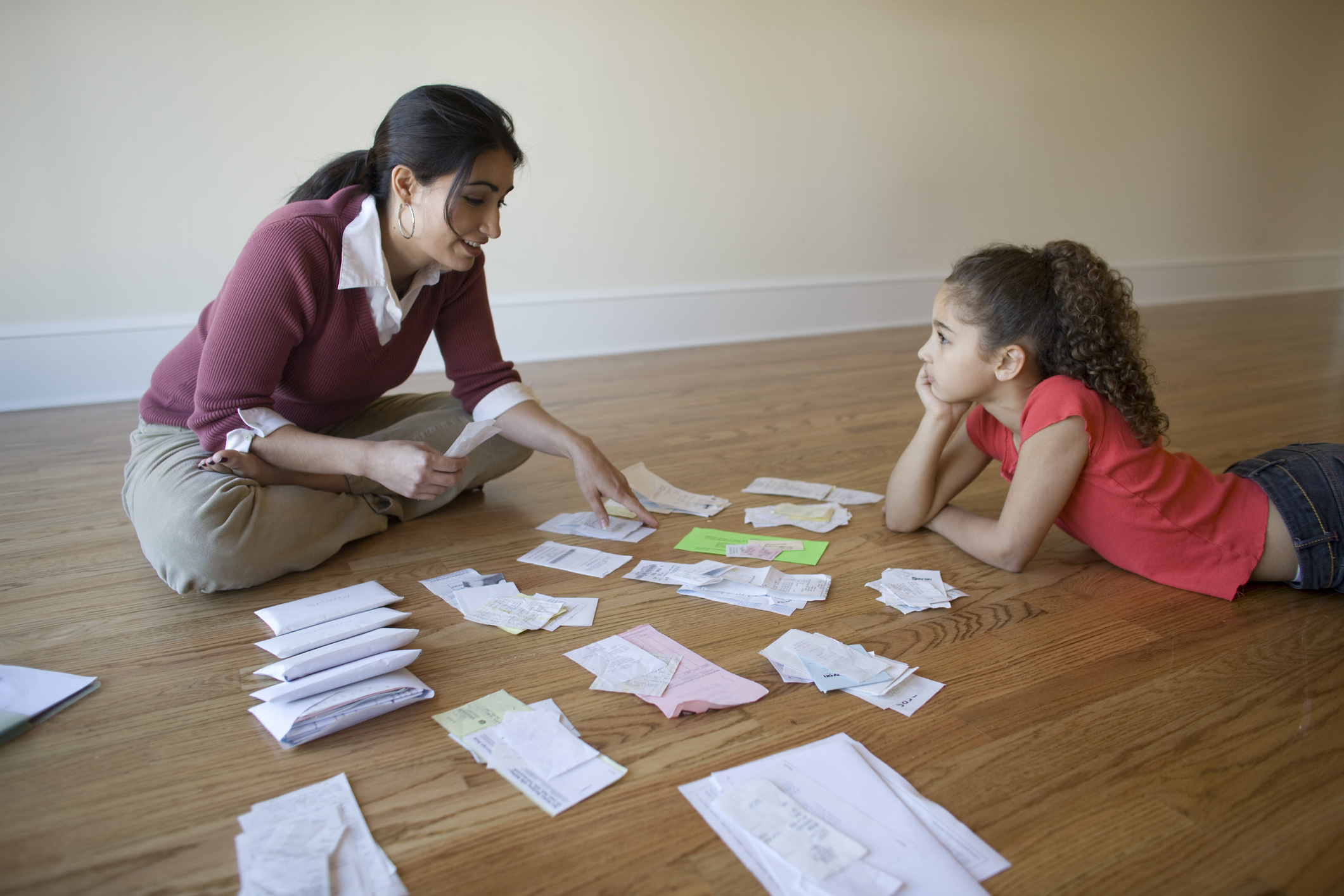
The doing-it-for-her part is on me.
I’ll be the first to admit that I do that sort of thing for my kids all the time. We all do. It's more out of habit and courtesy if I’m already going to the bank or doing the laundry, but I shouldn't do it anymore. Or, rather, we as parents shouldn’t.
The more we keep them from becoming legit adults themselves, the worse off this next generation will be.
My daughter will be depositing her own paychecks from now on. It's not adulting, it's just life.
For more from Lisa Sugarman, visit LisaSugarman.com and Twitter and click here for an exclusive offer to order her book Untying Parent Anxiety.

